Moon
Where can I find information about the moon?
(Years 5-8)
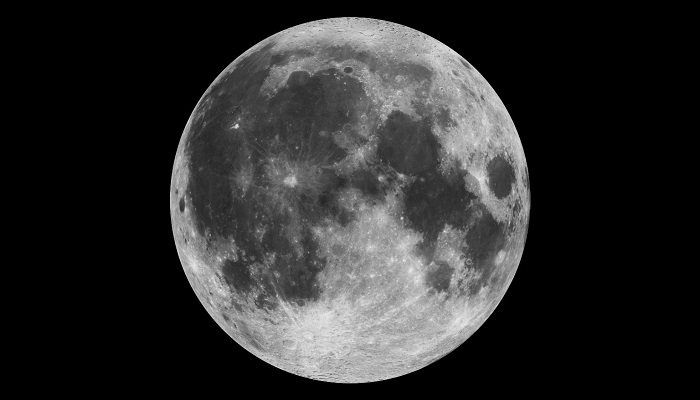
Image: The Moon by NASA Goddard on NASA Image and Video Library.
Entry last updated: 29/08/25
Introduction
People have been interested in the Moon since ancient times. One of the reasons for this is that it is the most visible body in the sky, apart from the Sun. Also the Moon is 384,400 km away from Earth, which means it is closer to Earth than the planets. The Moon is known as Earth's satellite because it orbits the Earth. Its location and size makes it very important to planet Earth.
Orbit and spin
The Moon has two types of movements called orbit and spin. The orbit is the path that the Moon travels around the Earth. Its spin is how it rotates on its axis.
Britannica School Primary is another part of the EPIC databases covering lots of different topics. It’s put together especially for New Zealand school students and helps to answer questions like this.
Enter the keyword 'moon' in the search box at the top of the page.
Select the article called Moon (Earth's satellite).
If you look down the page you will find a link to Orbit and Spin.
Tips: To get to the EPIC resources you will need a password from your school librarian first. Or you can chat with one of our AnyQuestions librarians and they will help you online. Some EPIC databases may also be available through your public library.
This is a website run by NASA to help kids learn about space. NASA stands for National Aeronautics and Space Administration, it is a government agency based in the United States of America.
To find information about the Moon, including pictures to help you understand why the moon changes shape during its orbit, follow this pathway:
First, enter the keyword 'moon' into the search bar at the top of the page.
Then, choose the link to All About the Moon.
Tips: A website’s address (URL) can give you a hint about how reliable it is. Look for addresses in the results that include .gov or .edu in the URL. These are quality sites from overseas government or educational organisations.
This site is run by the National Earth Science Teachers association in the USA. It has lots of information about the sun, the earth, space and the solar system.
Enter the keywords 'moon orbit spin' into the search area at the top of the page.
The article The Moon's Orbit and Rotation has information about the Moon's orbit and how long it takes to go around the Earth.
Look along the top of the page for the different learning levels, Beginner, Intermediate or Advanced, and choose the one you would like.
Tips: Search words, or keywords, are the most important words in our question. You can leave out small words like ‘the’ and ‘of’ and just choose the main ones, eg moon. We can always change our keywords or add more if we need to.
Phases of the moon
The Moon goes through different phases and that is why it looks like it changes shape each night. The websites below will explain the different phases of the moon: full, quarter, crescent, and new.
The Exploratorium is a laboratory in San Francisco that helps people explore the world through art, science, and human perception. It has a range of information and experiments on all sorts of science topics.
Enter the keywords 'moon phases' into the search area.
The article Moon to the Eclipse: 7/8/17 has photographs, illustrations and explanations of the moon and its phases. It is a post from 2017, but the information is still relevant today.
Tips: We like websites with .edu in their address because they are reliable - they are from educational organisations overseas.
Khan Academy is a free to use site with lots of useful videos. The front page has a range of subjects and subtopics to select from. Unfortunately Khan Academy does not work in Internet Explorer.
You can close any pop-ups or banners that ask for a donation or to sign up.
Look down the page until you find the heading Science, and then choose See all Science.
Look down the page again until you see Cosmology and astronomy.
Then choose Earth geological and climatic history.
Look down the page to Moon phases and eclipses and select the article Intro to Moon phases. There is a video that explains the different phases of the moon.
Tips: You may see a message about cookies on this website. Cookies are a kind of data collector that is used by some websites to collect information about their users.
Moon and tides
The website below will explain what tides are and the effect of the Moon on the ocean and tides on planet Earth.
Britannica School is a good EPIC resource for this kind of information. It is reliable and is put together especially for New Zealand school students and helps to answer questions about the Moon and tides.
Select your learning level - Primary, Middle, or Secondary (You can always change this later).
Enter the keyword 'tides' into the search area.
The article tide (ocean movement) has information and a diagram that explains tides and types of tides like high tides and low tides.
Tips: To get to the EPIC resources you will need a password from your school librarian first. Or you can chat with one of our AnyQuestions librarians and they will help you online. Some EPIC databases may also be available through your public library.
This is the YouTube channel for SciJinks, an education website from NASA and the National Oceanic and Atmospheric Administration in the United States.
Look for the playlist called SciJinks in a Snap!
Watch the video What Causes Tides?
Eclipses
A lunar eclipse happens when the Earth is between the Sun and the Moon. The Moon seems to disappear and then reappear as it passes through the Earth's shadow.
This website has facts and information from the European Space Agency. Each page shows when it was last updated, and links to other relevant pages on this website.
First, enter the keyword 'eclipse' into the search bar at the top of the page.
Then choose Moon Eclipses.
This website is one of the EPIC databases, and is a great place to find online books and magazines about the moon.
First, log in with a password from your school librarian or from an AnyQuestions librarian.
Then enter the keyword 'Moon' into the search bar.
Next, look through the results to find magazines, books and videos about the moon.
For example, the book Luna: The Science and Stories of our Moon has chapters about moon exploration, phases of the moon, the moon and tides, eclipses, astronauts and more.
To get to the EPIC resources you will need a password from your school librarian first. Or you can chat with one of our AnyQuestions librarians and they will help you online. Some EPIC databases may also be available through your public library.
Exploration
Several expeditions or missions have been sent from the Earth to explore the Moon. Some have orbited the Moon, while others have landed on its surface. These research trips have helped us to learn more about the Moon.
NASA stands for National Aeronautics and Space Administration. It is an American government site.
Enter the keywords 'Moon Missions' into the search area.
There are links to articles about missions to the moon.
For example, the link The Apollo Missions has information, photographs, audios, and videos about the American missions to the moon.
NASA: Solar System Exploration
This is another website from NASA, and is all about how NASA explores the solar system.
Select the Earth's Moon tab at the top of the page.
Then choose the Exploration tab. From here you can choose one of the three options:
Overview will give you a good introduction to moon exploration.
Moon Missions will teach you about missions since the 1950s.
Moonwalkers will teach you about astronauts who have been to the moon.
Tips: A website’s address (URL) can give you a hint about how reliable it is. Look for addresses in the results that include .gov or .edu in the URL. These are quality sites from overseas government or educational organisations.
Books
There are many books that have been written about the Moon. Check out your local public or school library to see what they have!
Here are some recommended titles:
The Moon by M.J. Knight.
To the moon! : the true story of the American heroes on the Apollo 8 spaceship by Jeffrey Kluger and Ruth Shamir.
The moon by Gemma McMullen.
Destination : Moon by Seymour Simon.
Moon landings by Shoshana Z Weider.
The Moon by Steve Tomecek.
SCIS no: 1912592
Topics covered
Related content
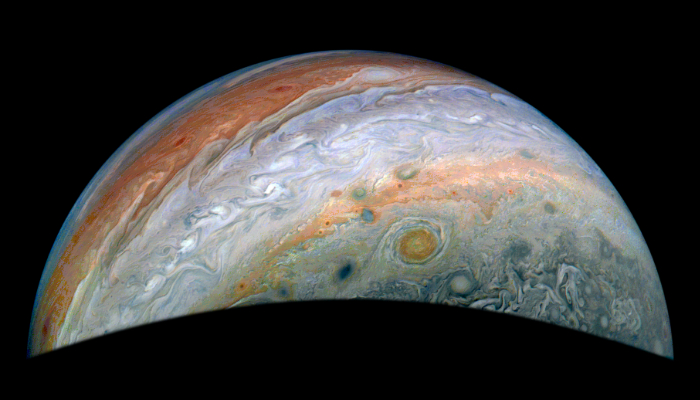
Planets
Where can I find information about the different planets in our solar system?
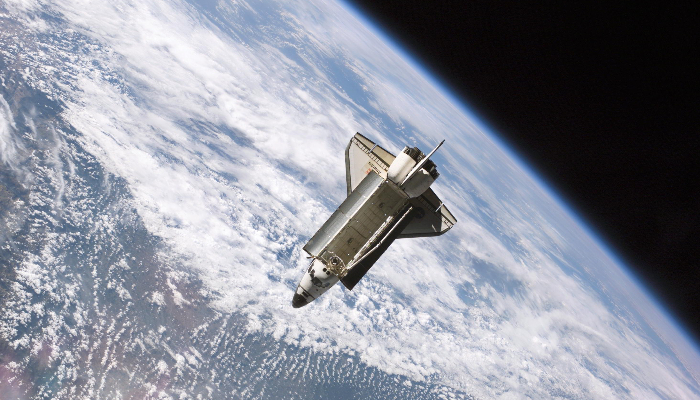
Space
Where can I find information about space?

Space exploration
Where can I find information about space exploration?
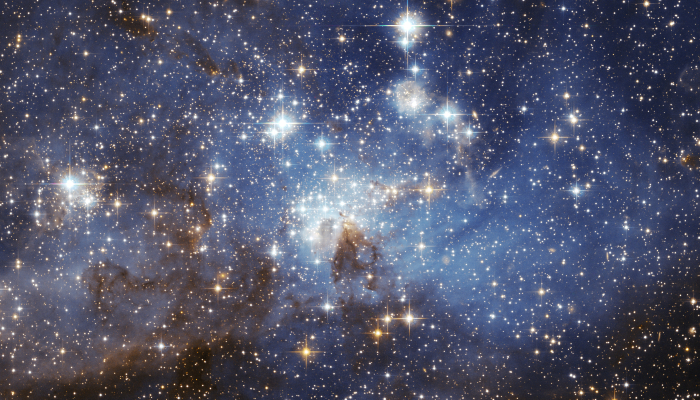
Stars
Where can I find information about stars in space?
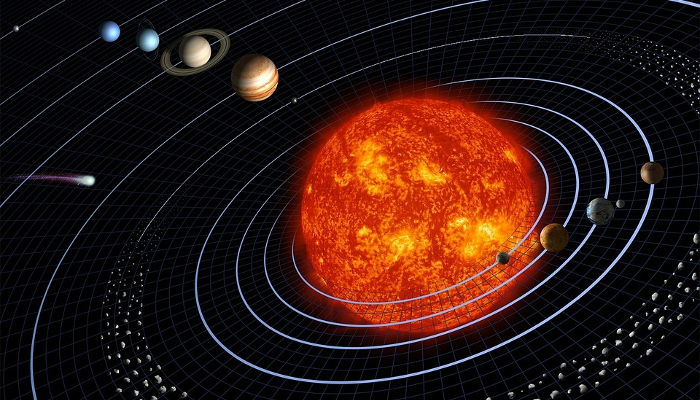
Sun (junior)
Where can I find information about the Sun?
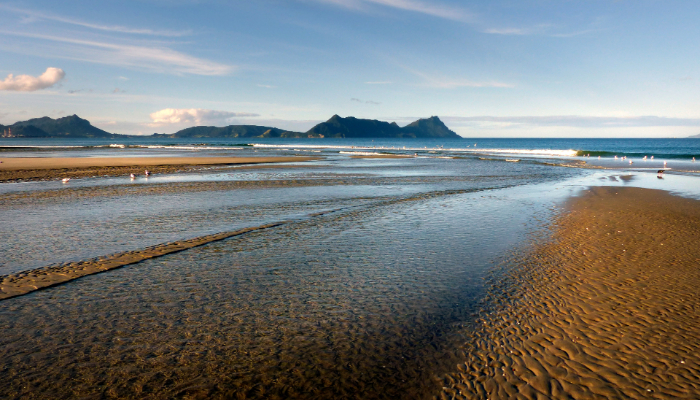
Tides (junior)
Where can I find information about tides?
